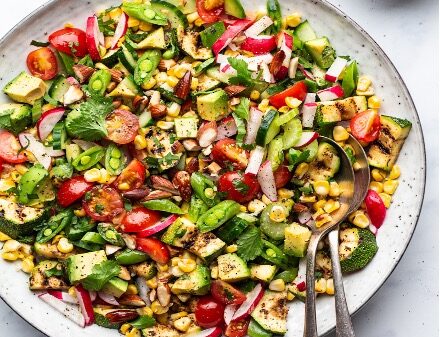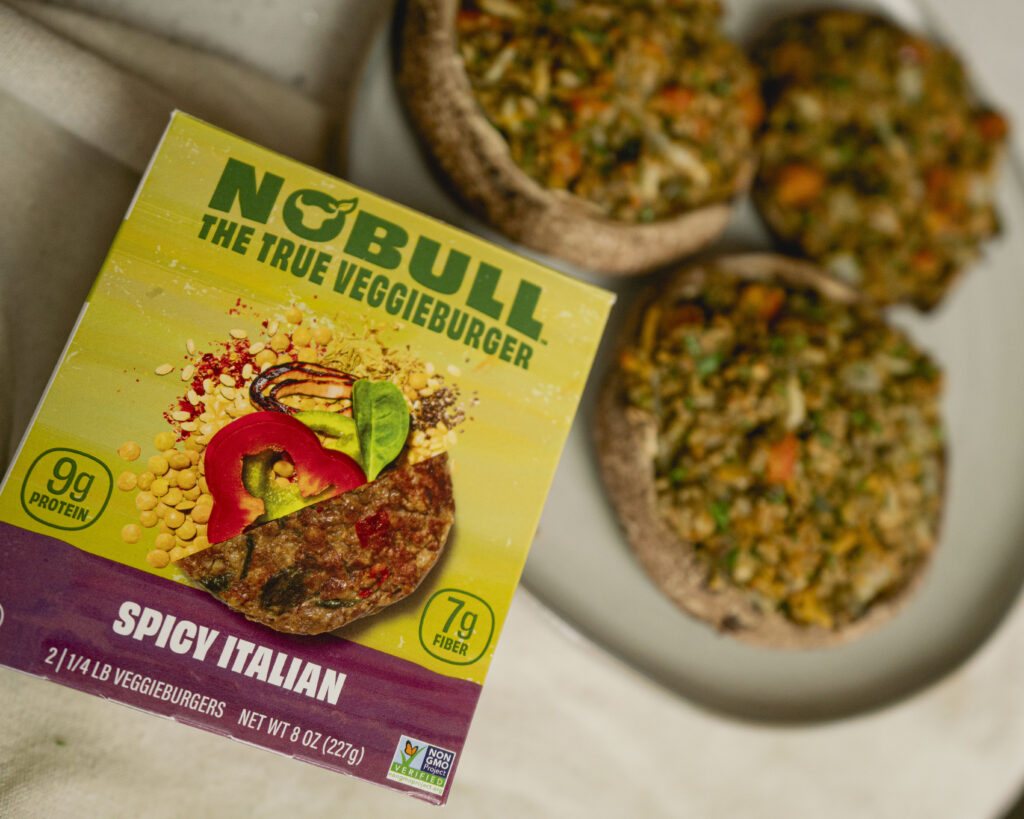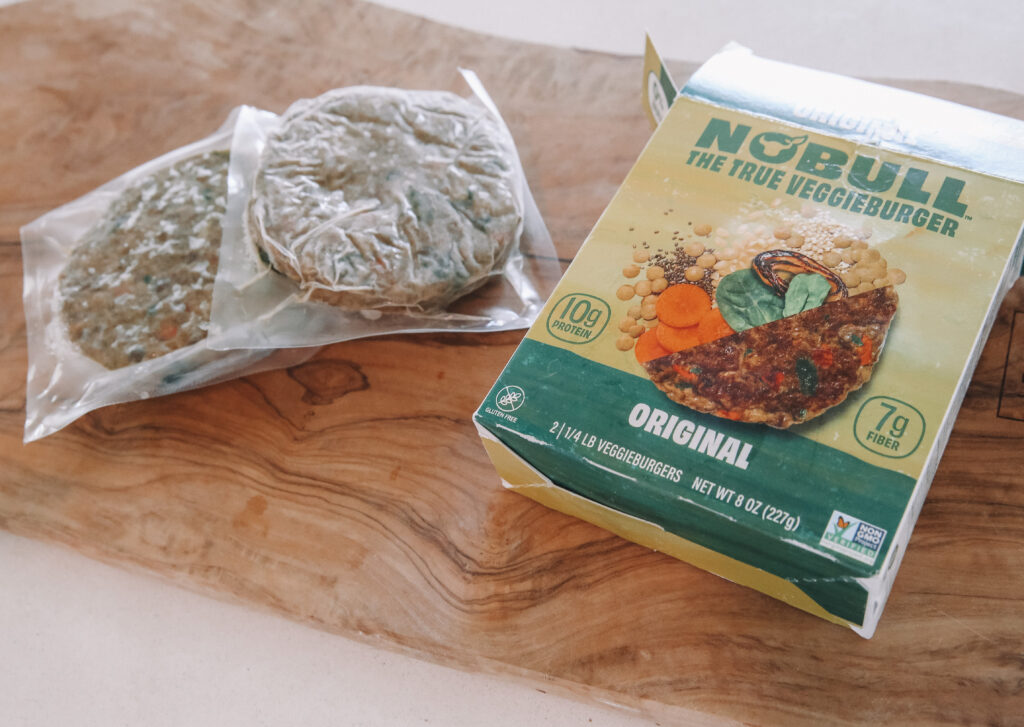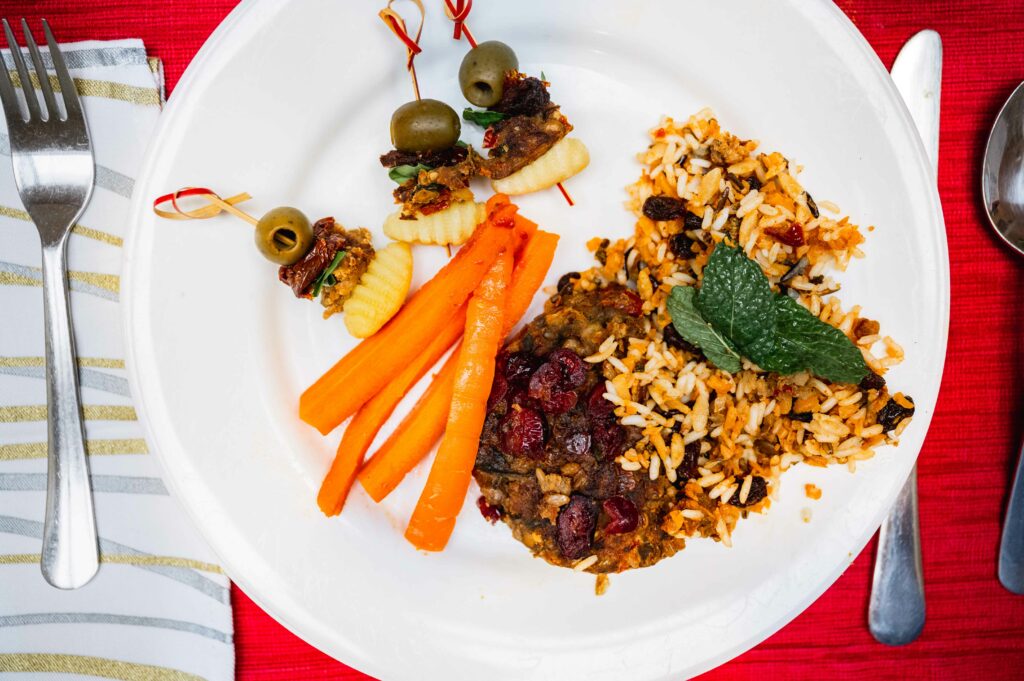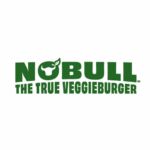The benefits of a plant-based diet are well-studied and include benefits for health and the environment. We’ll talk about them in this article, but first, let’s define what we mean by “plant-based.”
What do we mean by plant-based?
Plant-based foods are at least minimally processed (or not at all). A food item fits the “plant-based” definition when it’s as close to nature as possible.
When we say “plant-based,” we’re talking about adding more plants into your diet. Eating less meat, animal byproducts, and processed foods overall has major environmental benefits.
There’s no need to think about restricting your favorite foods on a plant-based diet. You can still eat meat, fish, and animal products. Take a look at the flexitarian diet as an example.
3 Ways Eating Plant-Based Can Help the Environment
Plant-based diets require fewer resources to produce, which means it’s easier to feed more people with less while helping the environment. Here are three ways adopting a plant-based diet can help:
-
More plant-based equals less land waste
In the US, 18% of all US land is used for livestock production, the main reason behind habitat loss. Cattle ranching accounts for 80% of deforestation, and the majority of cropland in the US is taken by animal feed crops. Between 2000-2010, 80% of plant proteins in the US were used for animal feed. It stands to reason that decreasing animal production significantly would allow more crops to feed people directly, thereby improving these problems.
Food insecurity is a major issue in the US and globally. 50% more land will be needed in the next four decades to produce the amount of food predicted, but that much land doesn’t even exist! Here’s the thing: your health (and mine), the future of our planet, and food insecurity are all the same issue with the same solution: more plant-based eating.
One person eating a plant-based diet uses 18 times less land, saving 30 square feet of forest per day.
-
More plant-based equals less water waste
The meat and dairy industries use a third of freshwater on Earth (a quarter-pound hamburger uses 460 gallons of water to produce)! Over-consumption of water threatens wildlife, plants, and animals. Saving water means saving untouched rainforests and marshes from destruction, less pollution in freshwater sources, and more environmental benefits.
Animal agriculture produces water pollution, which in turn creates dead zones that kill off marine life:
- Soil erosion is caused by cattle grazing, which cuts off waterways.
- Farm animal excrement contaminates water sources and groundwater.
- Fertilizers, pesticides, and fuel used for animal feed crops contaminate the water supply.
- Nitrogen from this waste cuts off algae growth in the water, which cuts off oxygen and creates dead zones.
In the US, over half of water is used by the animal agriculture industry. Only 5% of water is used by private households, meaning eating plant-based is more helpful for the environment than saving water in your home!
One person eating a plant-based diet uses 13 times less water, saving 1,100 gallons of water per day. Here’s what this looks like by comparing animal products to plants:
| Animal Product per 1 lb | Gallons of water to produce | Plant-based Product per 1 lb | Gallons of water to produce |
| Beef | 2000-8000 | Tofu | 302 |
| Cow’s Milk | 1950 | Unprocessed Oats | 290 |
-
More plant-based equals less air pollution
Air quality, including pollution, oxygen levels and temperature, is affected by animal agriculture through greenhouse gasses and carbon emissions. Here’s how:
65% of greenhouse gases from livestock are produced by cattle, around 7-8 times higher than plant-based proteins. Cow digestion produces methane by absorbing the sun’s radiation, which traps heat in the atmosphere and causes global warming.
Deforestation produces carbon dioxide by releasing CO2 trapped in the ground. It also removes trees and plants which convert CO2 to oxygen. One person eating a plant-based diet uses 50% less carbon dioxide, saving 20 lbs of CO2 daily.
One year of animal farming produces the same amount of carbon emissions as all transportation in the US. If each person in the US gave up meat and dairy products at least one day of the week (Meatless Mondays, anyone?), it would save thousands of tons of carbon emissions.
NoBull Burgers are an easy way to help the environment
Adding more plants and reducing animal and processed foods by even a little bit can significantly impact the environment.
One of the easiest (and tastiest) ways to begin adding more plant-based foods into your diet is with NoBull Burgers, which not only taste great but also are made only with ingredients that are as close to the earth as possible. Try them today by ordering online or finding them in a grocery store near you.
